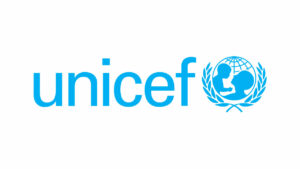YOUNG Filipinos urged the Philippine government to involve the youth in crafting climate policies, ahead of a regional gathering on disaster risk reduction.
They also urged the government to prioritize putting up schools and other social infrastructure that can withstand the impacts of the changing climate.
In a collective statement sent by UNICEF Philippines in an e-mail, over 50 children and youth aged 10 to 24 said the government should allow the youth to participate in policy-making processes at the local and national levels, through various platforms, such as local councils and schools.
The government should “deliberately and programmatically involve the youth in policy development,” they said.
They called for the creation of child- and youth-led disaster risk reduction and management (DRRM), and climate resilient programming, which can “meaningfully engage adults and key stakeholders.”
Authorities should ensure that disaster preparedness activities in communities are “informed by a child and youth lens.”
They urged the government to invest in DRRM and climate education mainstreaming into the curriculum “and develop materials in local languages that integrate environmental protection into disaster risk understanding.”
The government should also increase investment in resilient and inclusive infrastructure for safe schools, hospitals, and evacuation centers, they said.
The youngsters also called for the passage of climate justice legislation to hold industries accountable, citing the Climate Accountability Act (CLIMA) Bill, which seeks to create mechanisms for accountability and reparations from climate polluters.
In the latest World Risk Index, the Philippines, which faces an average of 20 typhoons, remained the most disaster-prone country for a 16th straight year.
The Philippines is currently hosting the five-day Asia-Pacific Ministerial Conference on Disaster Risk Reduction which started on Oct. 14.
The conference, which is convened by the United Nations Office for Disaster Risk Reduction and was expected to draw over 4,000 delegates from 69 countries, seeks to enhance cooperation for the implementation of the goals under the Sendai Framework for Disaster Risk Reduction 2015-2030, an international blueprint for the reduction of disaster risks. — Kyle Aristophere T. Atienza


















